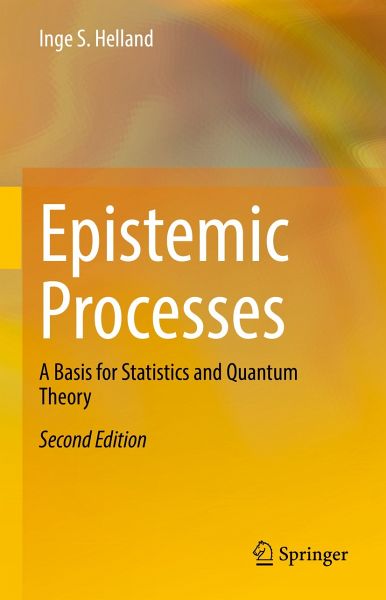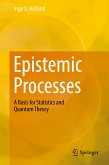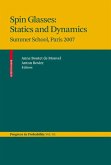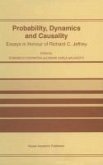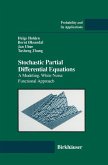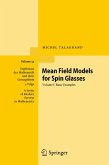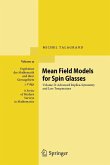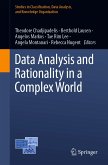In concrete terms, a Hilbert space can be constructed under some technical assumptions associated with situations where there are two conceptual variables that can be seen as maximally accessible. Then to every accessible conceptual variable there corresponds an operator on this Hilbert space, and if the variables take a finite number of values, the eigenspaces/eigenvectors of these operators correspond to specific questions in nature together withsharp answers to these questions. This paves a new way to the foundations of quantum theory.
The resulting interpretation of quantum mechanics is related to Hervé Zwirn's recent Convivial Solipsism, but it also has some relations to Quantum Bayesianism and to Rovelli's relational quantum mechanics. Niels Bohr's concept of complementarity plays an important role. Philosophical implications of this approach to quantum theory are discussed, including consequences for macroscopic settings.
Dieser Download kann aus rechtlichen Gründen nur mit Rechnungsadresse in A, B, BG, CY, CZ, D, DK, EW, E, FIN, F, GR, HR, H, IRL, I, LT, L, LR, M, NL, PL, P, R, S, SLO, SK ausgeliefert werden.

